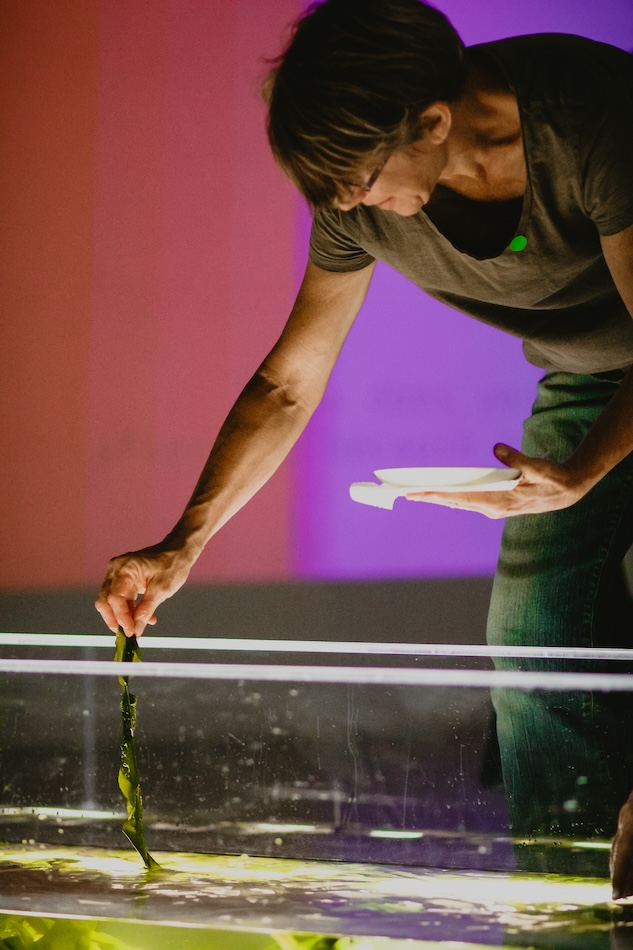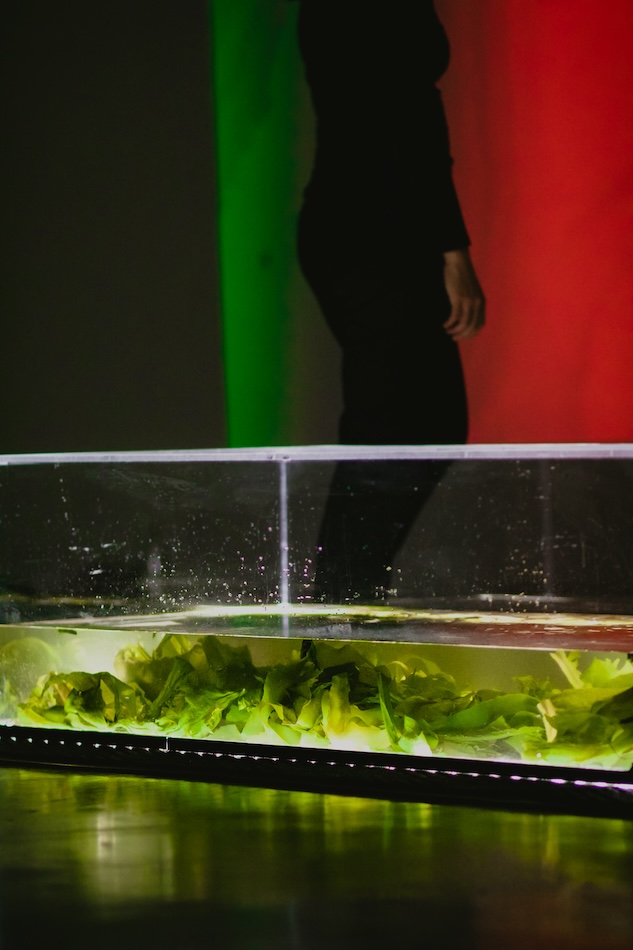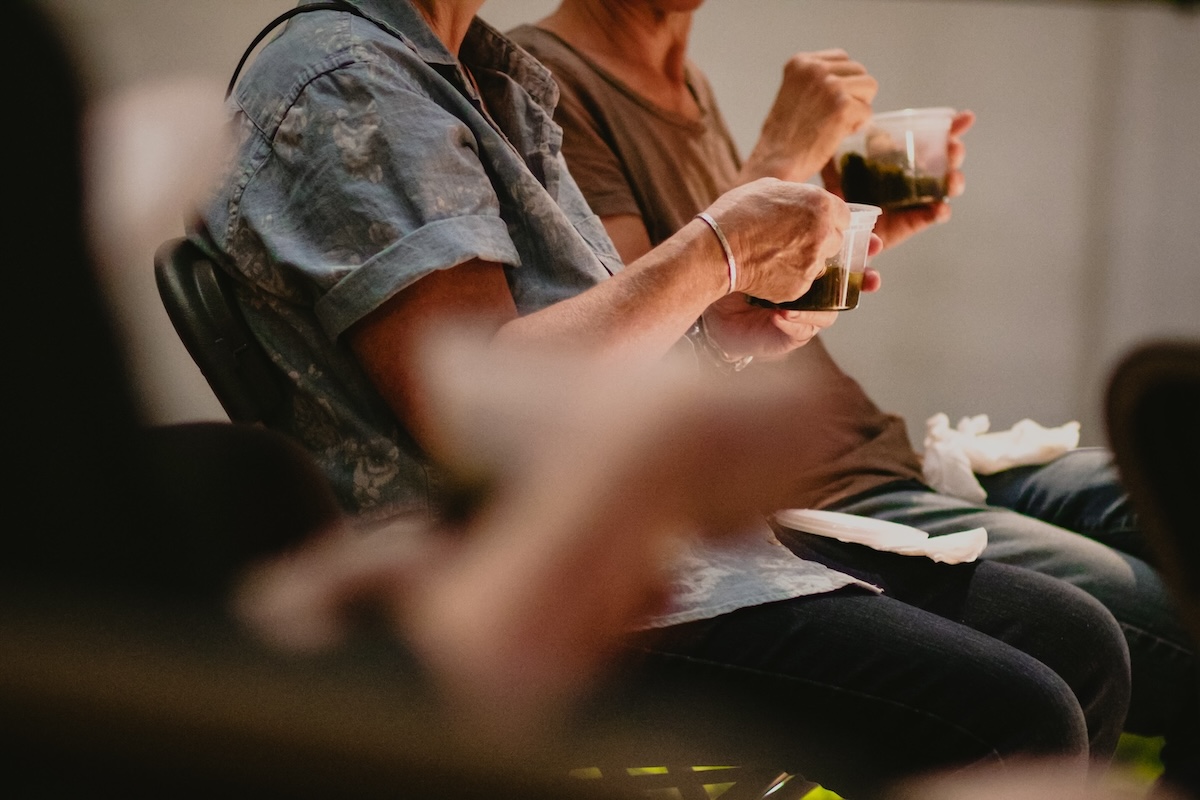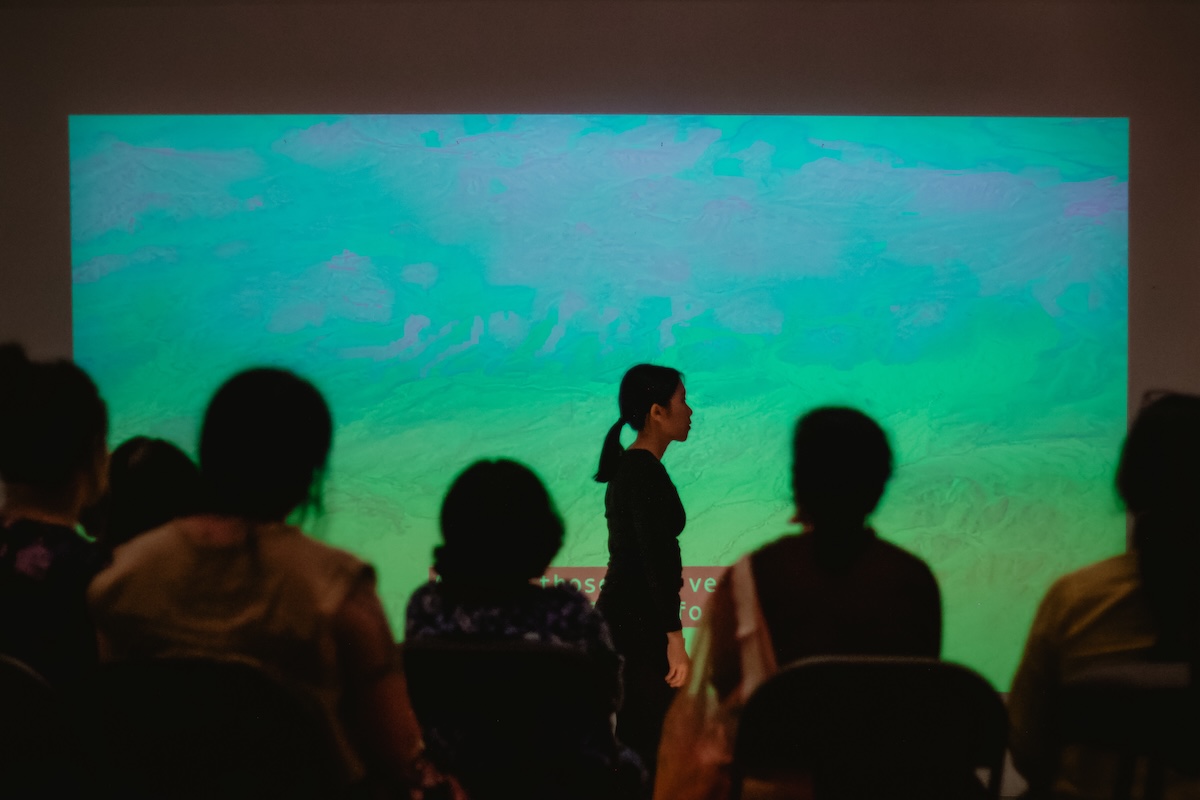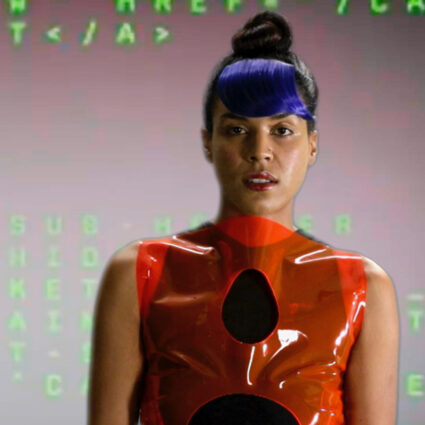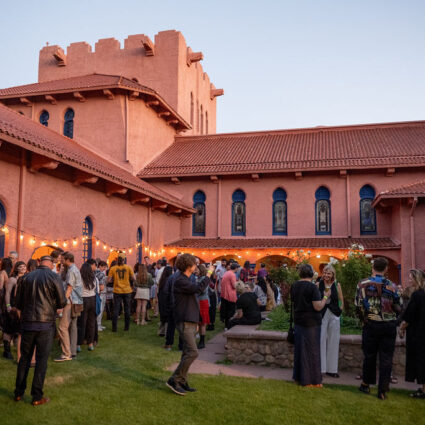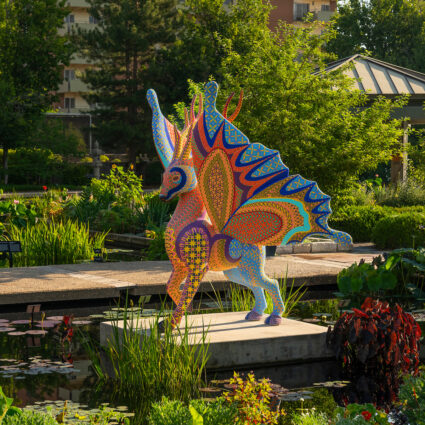Jisun Myung blurs the lines between survival and growth through food-based art, cultivating community and connection.
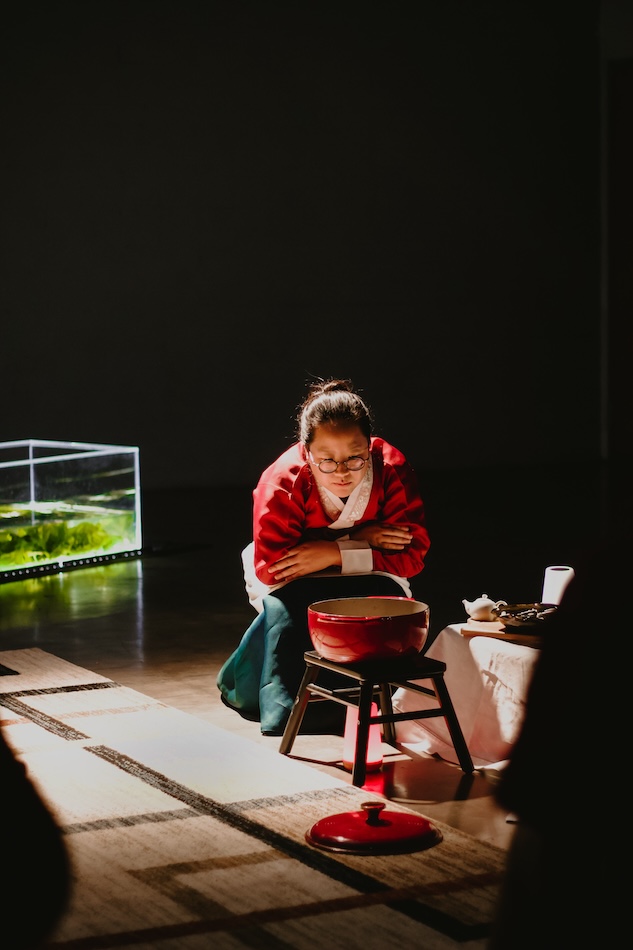
Mesa, Arizona | potlucktheatre.com | @potlucktheatre
In 1970, Henry Maslow revised his then twenty-seven-year-old Hierarchy of Needs to include Aesthetic Needs, which he nestled after Cognitive Needs and before the need for Self-Actualization. To his mind, the pursuit of aesthetic desires and ideals was a late-stage motivation within human existence and experience. Conversely, Physiological Needs—such as air, water, food, shelter, and sleep—were the most base and necessary motivations a person experienced. Indeed, these are survival needs that humans, literally, can not live without.
Most artists amplify this divide by focusing on media such as painting, sculpture, film/video, dance, or music; these artistic practices tend to leverage inanimate, abstract, or conceptual materials that serve to please or challenge the intellect or senses. But certain artists, such as Arizona-based Jisun Myung, have developed practices that collapse the gulf between survival and growth in order to foster a physiological aesthetics that attends to our most rudimentary human needs.
Myung, a self-described food performance artist, organizes community food-based projects that encourage both self-understanding and empathy for others through a creative engagement with food. For instance, her recent Miyeokguk Project (2023) is “a multi-sensory installation and performance centering Korean women diaspora’s voices/stories on reproduction.”
In Korean culture, recently postpartum mothers eat miyeokguk—a traditional seaweed soup. Likewise, all Koreans are encouraged to partake on their birthdays, enacting a trans-temporal communion with their mothers. It is a ritualistic and visceral practice meant to bridge generations and personal histories.
Myung led Zoom sessions with twenty-five Korean women wherein participants “shared joyful memories of raising kids, [as well as] the hardships” of their pregnancies. In addition to collecting these narratives, she asked these women to create videos of their miyeokguk-making process. While the videos and narratives became the end products of the project, the conversations and relationships between the artist and her interviewees comprised an integral component of the project.
Myung also conducted the project Appreciation Bread (2020) during the pandemic. After teaching herself how to bake sourdough bread, the artist delivered thirty-four loaves to thirty-four different households. The recipients then recorded videos of themselves naming things for which they were grateful. In doing so, Myung highlighted the connections between food, people, making, and community.
In addition to her food-based practice, Jisun Myung has worked with the National Theater of Korea and the National Traditional Opera Company of Korea as a part of their directing teams.
